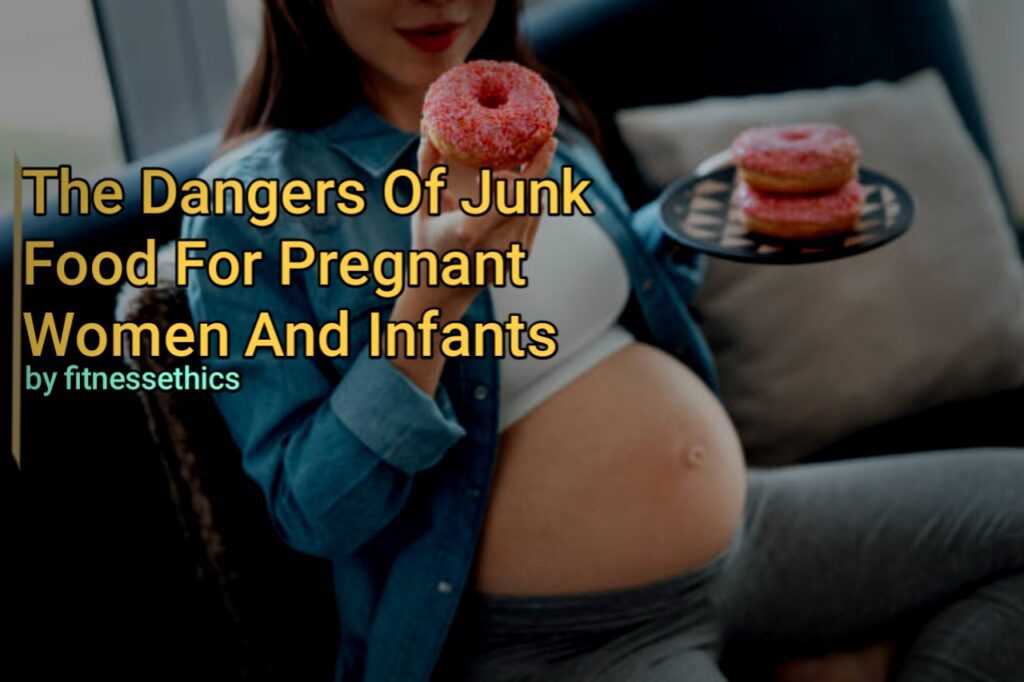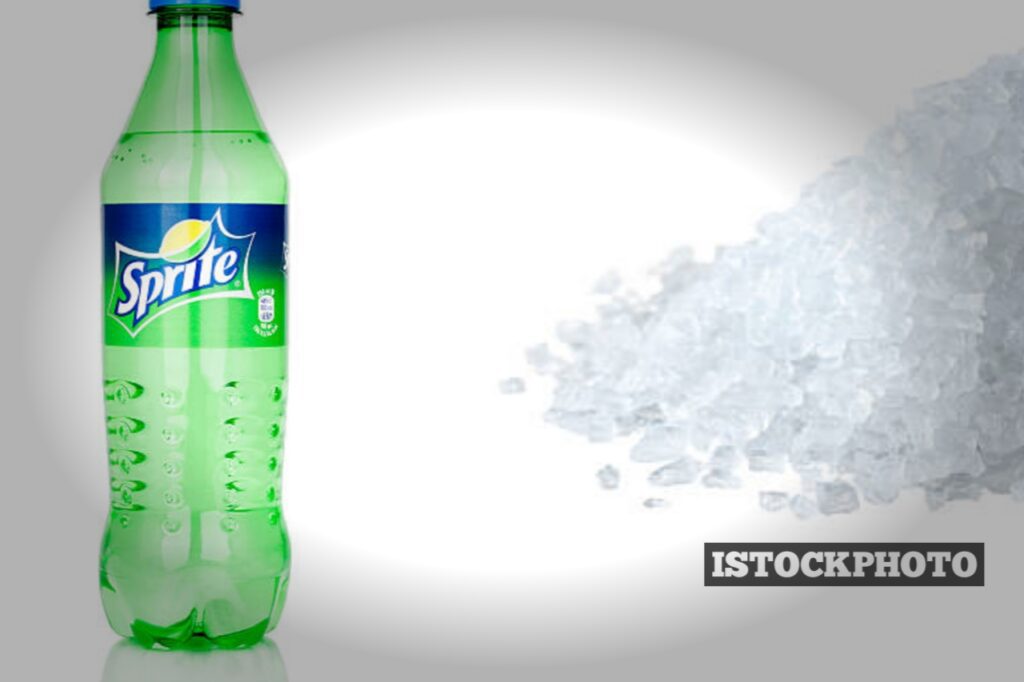Miscarriage, the loss of a pregnancy before the 20th week, is a deeply distressing experience for many women. While there are various factors that can contribute to miscarriage, the role of caffeine consumption during pregnancy has been a subject of concern and research. In this article, we will delve into the potential link between caffeine and miscarriage, exploring its effects, safe limits, and the beverages that should be consumed with caution during pregnancy.
Why Does Caffeine Cause Miscarriage
Caffeine is a widely consumed stimulant found in coffee, tea, energy drinks, and chocolate. When consumed, it crosses the placenta and reaches the developing fetus, potentially affecting its growth and development. Several mechanisms have been proposed to explain why caffeine might contribute to miscarriage.
Hormonal Disruption
Caffeine can interfere with hormone levels, including those involved in the regulation of the menstrual cycle and pregnancy. Elevated levels of caffeine may disrupt the delicate hormonal balance required for a healthy pregnancy, leading to an increased risk of miscarriage.
Blood Flow Restriction
Caffeine acts as a vasoconstrictor, narrowing blood vessels and reducing blood flow to the uterus. Insufficient blood flow may compromise the delivery of vital nutrients and oxygen to the developing fetus, potentially resulting in pregnancy loss.
DNA Damage
Some studies suggest that caffeine may cause DNA damage in the developing cells of the embryo or fetus. DNA damage can disrupt normal cell division and lead to pregnancy complications or miscarriage.
Is Caffeine Bad in Early Pregnancy?
While the relationship between caffeine and miscarriage is still under investigation, medical experts generally recommend limiting caffeine intake during pregnancy. The first trimester, in particular, is a critical period of fetal development, making it crucial to be cautious about caffeine consumption.
Research suggests that high levels of caffeine intake (above 200-300 milligrams per day) during early pregnancy may increase the risk of miscarriage. However, the evidence is not conclusive, and other factors such as smoking, alcohol consumption, and pre-existing health conditions can also contribute to miscarriage risk.
To err on the side of caution, many healthcare providers advise pregnant women to limit their caffeine intake or avoid it altogether during the first trimester. It is important to consult with a healthcare professional for personalized advice based on individual circumstances.
How Much Caffeine Would Cause a Miscarriage?
The exact amount of caffeine that can cause a miscarriage is still a topic of debate among researchers. However, it is generally recommended to limit caffeine intake during pregnancy to reduce the risk of potential complications.
As mentioned earlier, consuming more than 200-300 milligrams of caffeine per day during early pregnancy has been associated with an increased risk of miscarriage. To put this into perspective, a cup of brewed coffee typically contains around 95 milligrams of caffeine, while a cup of black tea has approximately 47 milligrams. Other caffeinated beverages, such as energy drinks or sodas, may contain even higher amounts.
To ensure a healthy pregnancy, it is advisable to monitor caffeine consumption carefully. This includes considering all sources of caffeine in the diet, such as coffee, tea, chocolate, soft drinks, and certain medications.
What Drinks Can Cause Miscarriage?
While caffeine is commonly found in various beverages, it is important to note that not all drinks pose the same risk of miscarriage. Here are some common beverages and their caffeine content:
Coffee
Depending on the brewing method and serving size, coffee can contain varying amounts of caffeine. A standard 8-ounce cup of brewed coffee typically contains around 95 milligrams of caffeine.
Tea
The caffeine content in tea varies depending on the type and brewing time. A typical 8-ounce cup of black tea contains approximately 47 milligrams of caffeine, while green tea usually contains around 28 milligrams.
Energy Drinks
Energy drinks often contain high levels of caffeine and other stimulants. Their caffeine content can range from 70 to over 200 milligrams per 8-ounce serving. It is advisable to avoid energy drinks during pregnancy due to their potential adverse effects.
Soft Drinks
Some soft drinks, particularly colas, contain caffeine. The caffeine content can vary, but a typical 12-ounce can of cola may have around 30 to 40 milligrams of caffeine. It is important to read labels and choose caffeine-free or low-caffeine alternatives.
Chocolate and Cocoa
While chocolate and cocoa products are enjoyed by many, they also contain caffeine. Dark chocolate generally contains higher amounts of caffeine compared to milk chocolate. It is recommended to consume chocolate in moderation and opt for lower caffeine options.
Conclusion
The potential link between caffeine consumption and miscarriage is an ongoing area of research. While definitive conclusions are yet to be reached, it is generally advisable for pregnant women to limit their caffeine intake or avoid it during the first trimester. The critical period of early pregnancy demands extra caution to ensure a healthy development for the growing fetus.
Consulting with a healthcare professional is vital to receive personalized guidance based on individual circumstances. It is also important to note that factors like smoking, alcohol consumption, and pre-existing health conditions can contribute to the risk of miscarriage.
Understanding the potential risks associated with caffeine consumption during pregnancy empowers women to make informed choices about their diet and lifestyle. By prioritizing a healthy and balanced approach to pregnancy, women can create a nurturing environment for their developing baby and promote overall well-being.
[starbox]



